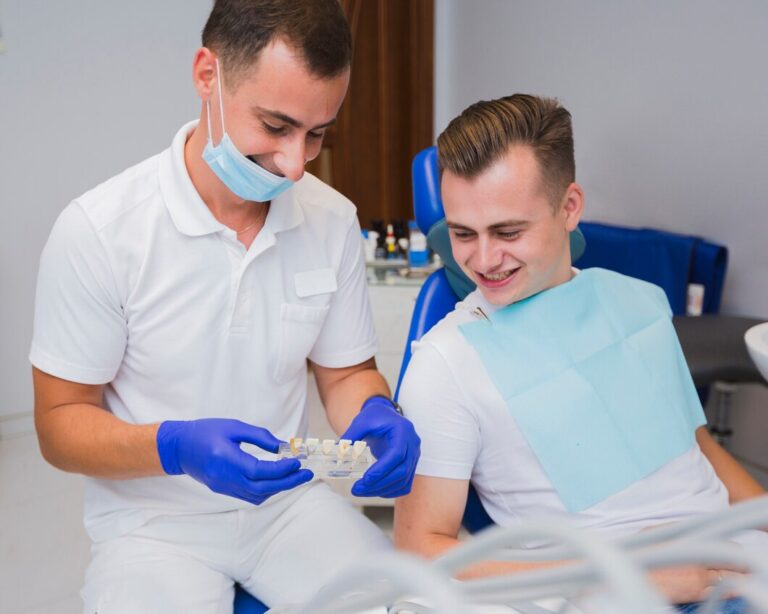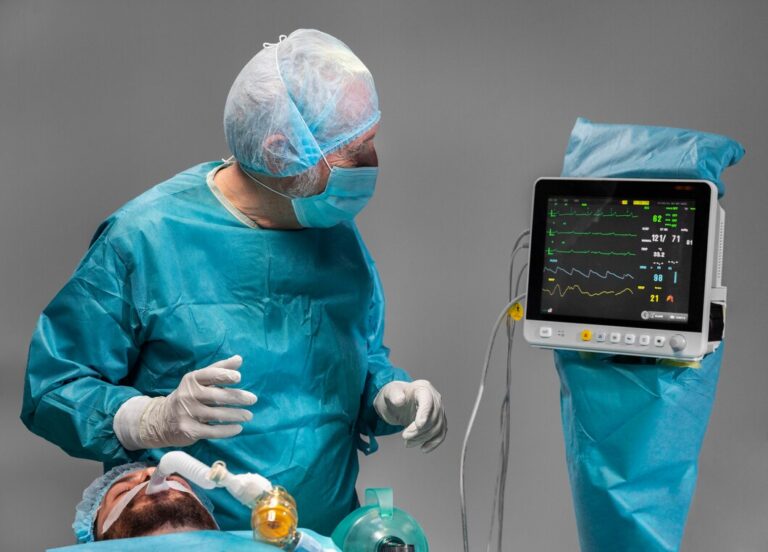Understanding the Benefits of Mental Health Rehabilitation Centers
A Mental Health Rehabilitation Center plays a crucial role in supporting individuals struggling with various mental health challenges. These specialized facilities offer comprehensive treatment programs designed to address the complexities of mental illness, providing a structured environment for recovery and healing. Understanding the benefits of mental health rehabilitation centers can help individuals and their families make informed decisions about treatment options and support systems.
Comprehensive Treatment Plans
One of the primary advantages of mental health rehabilitation centers is their ability to provide comprehensive treatment plans tailored to each individual’s needs. These centers often employ a multidisciplinary team of mental health professionals, including psychiatrists, psychologists, social workers, and nurses. This collaborative approach ensures that every aspect of a patient’s mental health is addressed, from medication management to therapy and support services.
Structured Environment
Mental health rehabilitation centers offer a structured environment that is conducive to healing. Patients benefit from a daily routine that includes therapy sessions, group activities, and wellness practices. This structure can help individuals feel more secure and focused, allowing them to engage in their treatment and develop healthier habits. The predictable environment also minimizes stressors that may exacerbate their conditions, promoting a sense of stability during recovery.
Access to Therapy and Counseling
Therapy and counseling are central components of mental health rehabilitation programs. Patients have access to various therapeutic modalities, including cognitive-behavioral therapy (CBT), dialectical behavior therapy (DBT), and mindfulness-based approaches. These therapies help individuals develop coping strategies, improve their emotional regulation, and address underlying issues contributing to their mental health challenges. Regular sessions with trained professionals create a safe space for patients to express their feelings and experiences, facilitating personal growth and healing.
Peer Support and Community
Being surrounded by peers who are experiencing similar challenges can be incredibly beneficial for individuals in a mental health rehabilitation center. Group therapy sessions foster a sense of community and belonging, allowing patients to share their stories, support one another, and learn from each other’s experiences. This peer support can significantly reduce feelings of isolation and loneliness, which are common in individuals with mental health disorders.
Focus on Life Skills Development
Mental health rehabilitation centers also emphasize the development of essential life skills necessary for successful reintegration into everyday life. Patients learn coping mechanisms, communication skills, and problem-solving strategies that can help them navigate challenges outside the center. Programs may include vocational training, financial management, and stress-reduction techniques, empowering individuals to lead fulfilling and independent lives post-treatment.
Family Involvement and Education
Family involvement is often encouraged in mental health rehabilitation centers, recognizing the importance of a strong support system in the recovery process. Many centers offer family therapy sessions and educational resources to help loved ones understand mental health conditions and the challenges their family member is facing. This education fosters empathy and open communication, strengthening relationships and creating a supportive home environment for the individual’s continued recovery.
Aftercare Support
The journey to mental wellness does not end upon leaving a rehabilitation center. Many facilities provide aftercare support to help individuals maintain their progress and prevent relapse. Aftercare programs may include follow-up therapy sessions, support groups, and resources for community services. This ongoing support is crucial for helping individuals navigate the transition back to everyday life while ensuring they have the tools and resources they need to thrive.
Conclusion
Mental health rehabilitation centers offer a vital pathway to recovery for individuals struggling with mental health disorders. By providing comprehensive treatment plans, structured environments, access to therapy, and peer support, these centers play a significant role in helping individuals regain control of their lives. Understanding the benefits of mental health rehabilitation centers can empower individuals and families to seek the necessary support and resources for a healthier, more fulfilling future. If you or a loved one is facing mental health challenges, consider exploring the transformative possibilities offered by a mental health rehabilitation center.
Keep an eye for more latest news & updates on Hip Hop Hip Hop!






